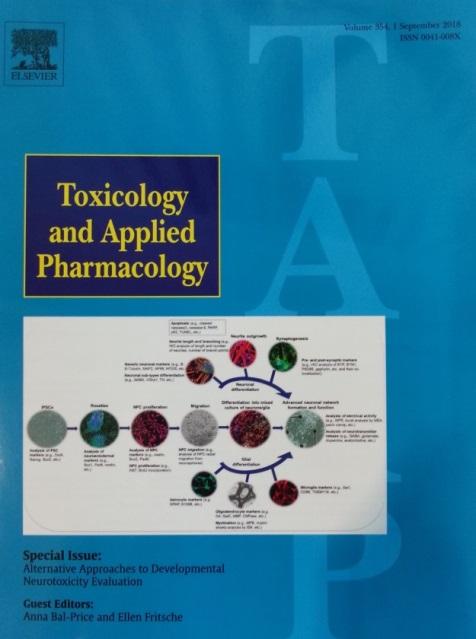
JRC scientists have co-edited and contributed to a special issue of Toxicology and Applied Pharmacology proposing how alternative methods to animal testing can be used to assess chemicals for their potential to disrupt brain development in children
In this special issue of Toxicology and Applied Pharmacology, edited by JRC and the Leibniz Research Institute for Environmental Medicine in Dusseldorf, experts from international organisations describe the consensus they have reached on the need for a new framework for assessing chemicals that may cause developmental neurotoxicity (DNT) effects.
The DNT scientists recommend the development of a standardised in vitro test battery using human derived cell and tissue models to detect the effects chemicals might have on key stages of human brain development. In addition, the complementarity of methods using model organisms such as zebrafish or C. elegans is discussed, for example regarding the insights they provide regarding behavioural changes induced by DNT.
The experts also propose the development of Adverse Outcome Pathways (AOPs) to increase scientific confidence in the mechanistic understanding of the sequence of key events underpinning DNT effects, and suggest that knowledge about the molecular targets initiating AOPs can be used to build computational models for rapid chemical structure-based screening.
Ultimately, in vitro and computational methods can be combined within Integrated Approaches to Testing and Assessment (IATA) to provide fit-for-purpose assessments serving various regulated sectors such as plant protection products (e.g. pesticides), cosmetics and industrial chemicals.
The special DNT issue of Toxicology and Applied Pharmacology contains 18 articles written by 141 international experts active in the field of DNT and regulatory science.
Read more in: Toxicology and Applied Pharmacology, Special issue on Alternative approached to developmental neurotoxicity evaluation, Guest editors A. Bal-Price and E. Fritsche, Vol. 354, 2018.
Related Content
Details
- Publication date
- 6 February 2019
